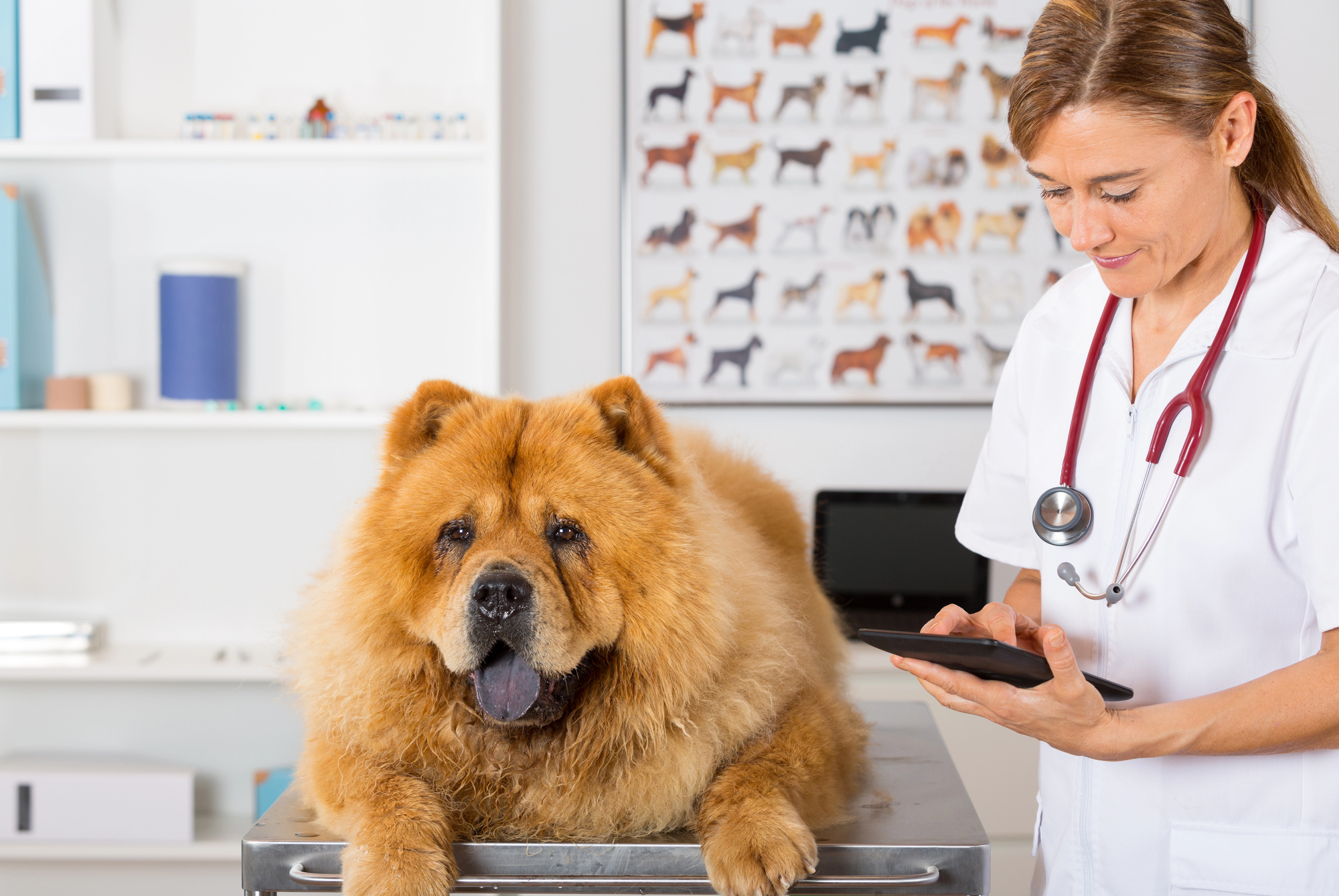
Constipation in dogs can be an uncomfortable and concerning issue for both pets and their owners. Like humans, dogs can experience digestive problems, and constipation is a common condition that can affect dogs of all ages and breeds. Understanding the causes, symptoms, and treatment options for canine constipation is crucial for maintaining your dog’s health and ensuring they lead a comfortable, happy life.
What is Constipation in Dogs?
Constipation in dogs occurs when they have difficulty passing stool or produce infrequent, hard, and dry feces. This condition can lead to discomfort and distress, and if not addressed promptly, it can lead to more serious health issues.
Causes of Constipation in Dogs
There are several potential causes of constipation in dogs, including:
- Dietary Factors: A diet low in fiber can lead to constipation. Dogs that consume a lot of processed foods or those with insufficient moisture in their diet are more prone to this issue.
- Dehydration: Insufficient water intake can cause the stool to become hard and dry, making it difficult for dogs to pass.
- Lack of Exercise: Regular physical activity helps stimulate the digestive Sedentary dogs or those that are not walked regularly may experience constipation.
- Medical Conditions: Certain health issues such as hypothyroidism, diabetes, or neurological disorders can affect the digestive system and lead to constipation.
- Obstructions: Ingested foreign objects, tumors, or growths in the digestive tract can cause blockages that lead to constipation.
- Medications: Some medications, particularly those with drying effects or certain pain relievers, can cause constipation as a side effect.
- Anal Gland Problems: Issues with the anal glands, such as impaction or infection, can sometimes contribute to constipation.
Symptoms of Constipation in Dogs
Recognizing the signs of constipation is essential for timely intervention. Common symptoms include:
- Straining to Defecate: Dogs may adopt a strained posture while trying to pass stool.
- Infrequent Bowel Movements: A noticeable decrease in the frequency of bowel movements can indicate constipation.
- Hard, Dry Stool: The stool may appear hard and dry, and it may be smaller in size compared to normal.
- Discomfort or Pain: Dogs may exhibit signs of discomfort, such as whining or pacing.
- Loss of Appetite: Constipated dogs may show a reduced interest in food.
- Lethargy: A decrease in energy levels or playfulness can be a sign of discomfort associated with constipation.

Diagnosis of Constipation
If you suspect your dog is constipated, it’s important to consult a veterinarian. The vet will perform a thorough examination, which may include:
- Physical Examination: The vet will palpate the abdomen and check for signs of discomfort or abnormalities.
- Fecal Analysis: Testing the stool can help identify parasites or other issues.
- X-Rays or Ultrasound: Imaging may be required to detect obstructions or underlying conditions.
- Blood Tests: These can help assess overall health and identify any underlying medical issues.
Treatment Options
Treatment for canine constipation depends on the underlying cause and severity of the condition. Common approaches include:
- Dietary Changes: Increasing fiber intake can help ease constipation. Adding pumpkin (not the spiced pie filling) or specially formulated high-fiber dog food to your pet’s diet can be beneficial.
- Hydration: Ensure your dog has access to fresh, clean water at all times. Adding water or low- sodium broth to their food can also help.
- Exercise: Regular walks and physical activity can stimulate bowel movements and alleviate constipation.
- Laxatives or Stool Softeners: Under veterinary guidance, certain prescription medications may be used to relieve constipation.
- Enemas: In severe cases, a vet may administer an enema to help relieve the blockage.
- Addressing Underlying Conditions: If constipation is due to a medical condition, treating the primary issue will be necessary to resolve the constipation.
Preventing Constipation
Prevention is always better than cure. Here are some tips to help keep your dog’s digestive system healthy:
- Maintain a Balanced Diet: Provide a diet that includes adequate fiber and Consult your vet for recommendations on high-quality dog food.
- Encourage Hydration: Make sure your dog drinks plenty of Adding wet food to their diet can also help.
- Promote Regular Exercise: Engage your dog in daily physical activities to keep their digestive system functioning properly.
- Monitor Health: Regular veterinary check-ups can help catch any potential health issues before they become serious.
When to Seek Veterinary Help
If your dog exhibits signs of constipation for more than a couple of days, or if you notice additional symptoms such as vomiting, severe abdominal pain, or a noticeable decrease in appetite, seek veterinary attention immediately. Prompt intervention can prevent complications and ensure your dog receives the appropriate treatment.
FAQs About Constipation in Dogs
Q1: How often should my dog have a bowel movement?
A1: The frequency of bowel movements can vary depending on the dog’s age, diet, and activity level. Generally, dogs should have a bowel movement at least once a day. If your dog is not defecating regularly, it may indicate constipation.
Q2: Can I give my dog human laxatives or stool softeners?
A2: No, you should not give your dog human medications without veterinary guidance. Some human laxatives and stool softeners can be harmful to dogs. Always consult your vet before administering any medication.
Q3: What are the risks of untreated constipation in dogs?
A3: Untreated constipation can lead to more serious health issues, including fecal impaction, rectal prolapse, or even rupture of the intestines. Chronic constipation can also be a sign of an underlying health condition that requires treatment.
Q4: Are some breeds more prone to constipation?
A4: While constipation can affect any breed, certain breeds with known digestive issues, such as Bulldogs and Dachshunds, may be more prone to constipation. However, it is essential to monitor all dogs for signs of digestive problems.
Q5: How can I help my dog if they are prone to constipation?
A5: To help a dog prone to constipation, focus on providing a balanced diet high in fiber, ensuring adequate hydration, encouraging regular exercise, and scheduling regular vet check-ups to monitor their overall health.
By understanding the causes and symptoms of constipation and taking proactive steps, you can help ensure your dog remains healthy and comfortable. Regular veterinary care and attention to your dog’s diet and lifestyle are key to preventing and managing this common issue.
